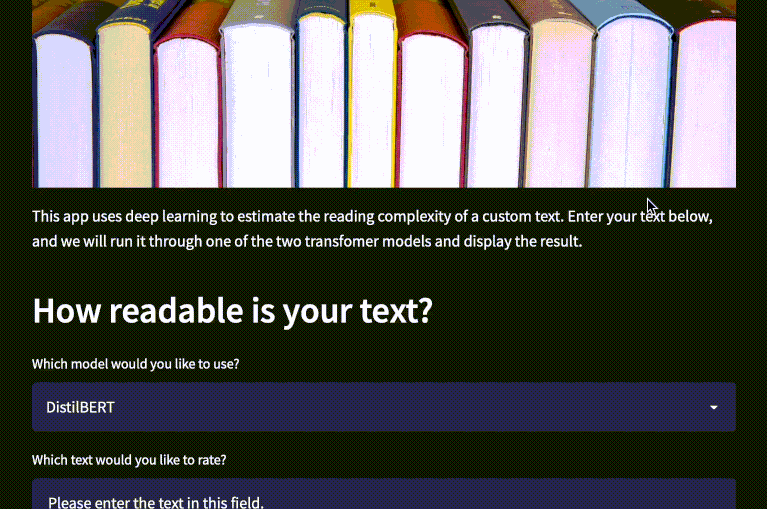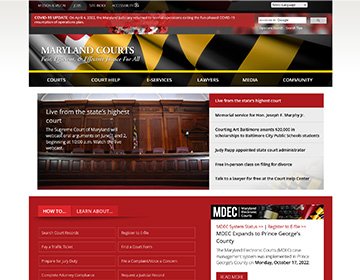
Project Details
- Vaccination App UI-UX
- Mobile App
Readability Prediction
The project focuses on addressing the crucial task of estimating text reading complexity, which is vital for teachers in schools. Providing students with text passages that match their skill levels is essential for fostering rapid development of reading skills. Current tools for estimating text complexity rely on weak proxies and heuristics, leading to suboptimal accuracy. To overcome this limitation, the project proposes the use of deep learning techniques to predict the readability scores of text passages. By leveraging the power of deep learning algorithms, the project aims to enhance the accuracy of text complexity estimation, ultimately assisting teachers in offering appropriate reading materials to students for effective skill development.
Challenge
- Availability and Quality of Training Data:
Gathering a substantial amount of high-quality training data is essential for training deep learning models effectively. However, obtaining a diverse and representative dataset of text passages with accurate readability scores can be challenging. An extensive collection of text samples covering a wide range of reading levels and genres needs to be acquired, pre-processed, and annotated with readability scores. Ensuring the quality and reliability of the training data is crucial for achieving accurate predictions. - Subjectivity and Variability in Readability:
Estimating text complexity is a complex task due to the inherent subjectivity and variability associated with readability. Readability can be influenced by multiple factors such as sentence structure, vocabulary, context, and reader background. Determining which features to focus on and how to capture their impact accurately can pose a challenge. Developing a robust deep learning model that can effectively capture and generalize these intricate nuances in readability is crucial for achieving accurate predictions across a wide range of text passages.
Solution
- Availability and Quality of Training Data: Collaborate with educational institutions, libraries, and online platforms to gather a diverse and representative dataset of text passages with annotated readability scores.
Apply rigorous data preprocessing techniques to ensure the quality and consistency of the training data.
Utilize data augmentation techniques, such as text synthesis or paraphrasing, to expand the dataset and improve model generalization. - Subjectivity and Variability in Readability: Employ a comprehensive feature selection process to identify key factors that contribute to text complexity, considering linguistic, syntactic, and semantic features.
Develop deep learning models that can capture both shallow and deep linguistic patterns, using techniques such as recurrent neural networks (RNNs) or transformers.
Implement ensemble models or multitask learning approaches to account for the variability in readability and improve prediction accuracy across different text genres and reading levels.
Dont hesitate to contact us
Call Us
+91-7986402294
Write to us
info@inovativedesignstudios.com
Office hours
Mon-Sat 8:00AM - 6:00PM
Testimonials
What our clients say about us?
I have had the pleasure of working with Biznizintigrated and their team of experts, and I can confidently say that they are the best in the business. As the CEO of a growing company, I often found myself facing complex business problems that required a comprehensive and strategic approach.
John Smith
CEO
Biznizintigrated's team of experts provided me with invaluable guidance and advice, helping me to navigate these challenges and develop effective solutions. Their deep knowledge of the industry, coupled with their attention to detail and personalized approach.
Jane Doe
Manager



